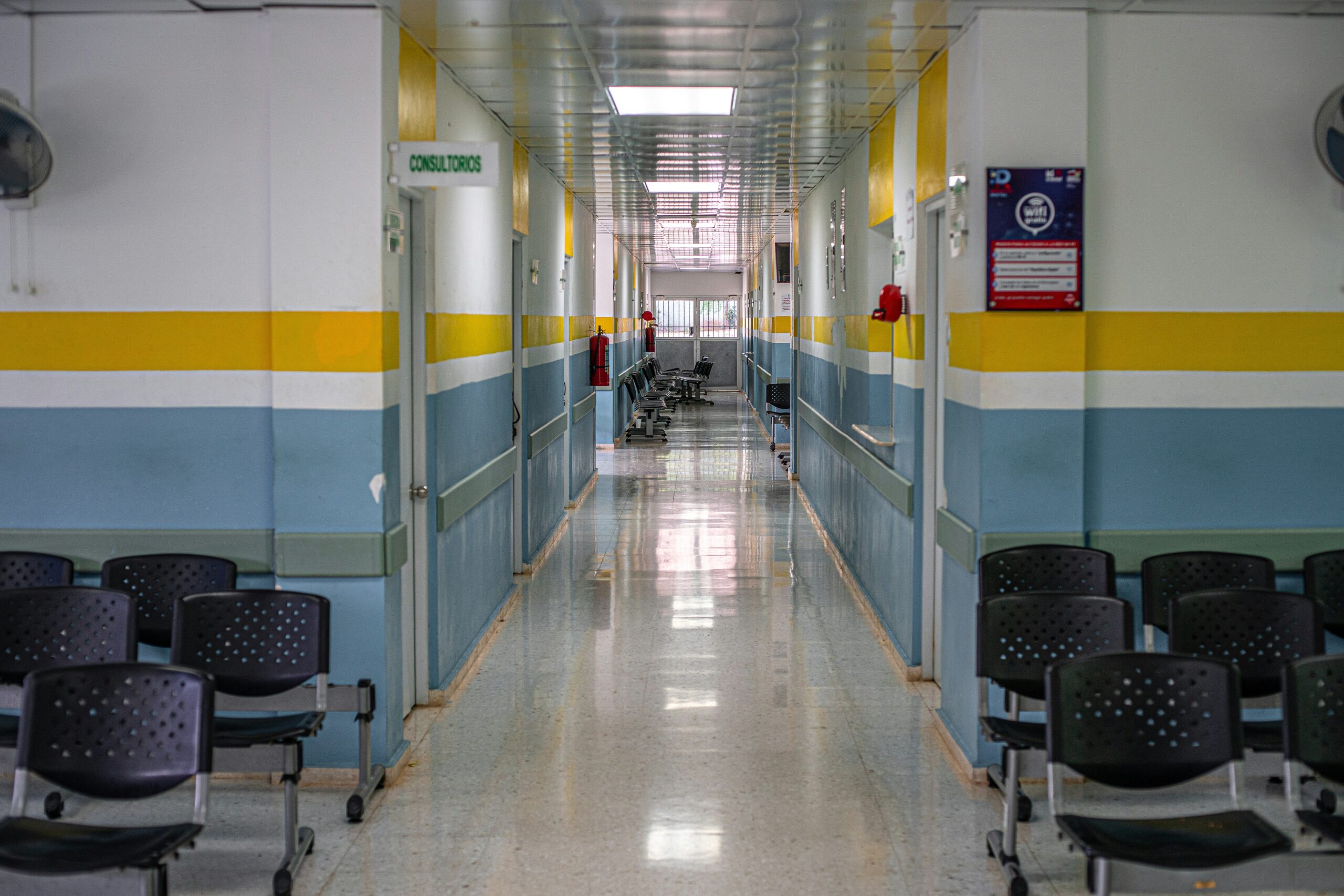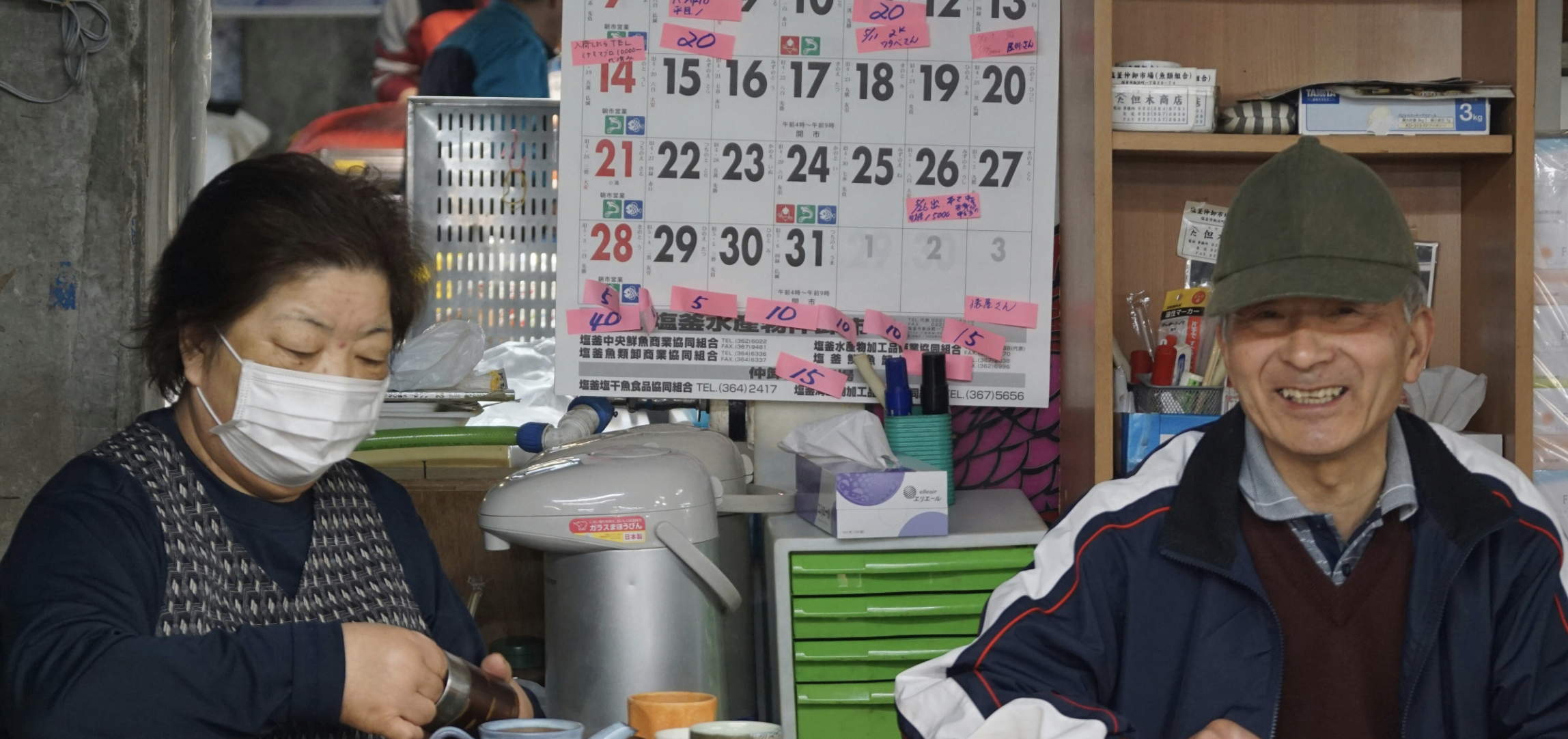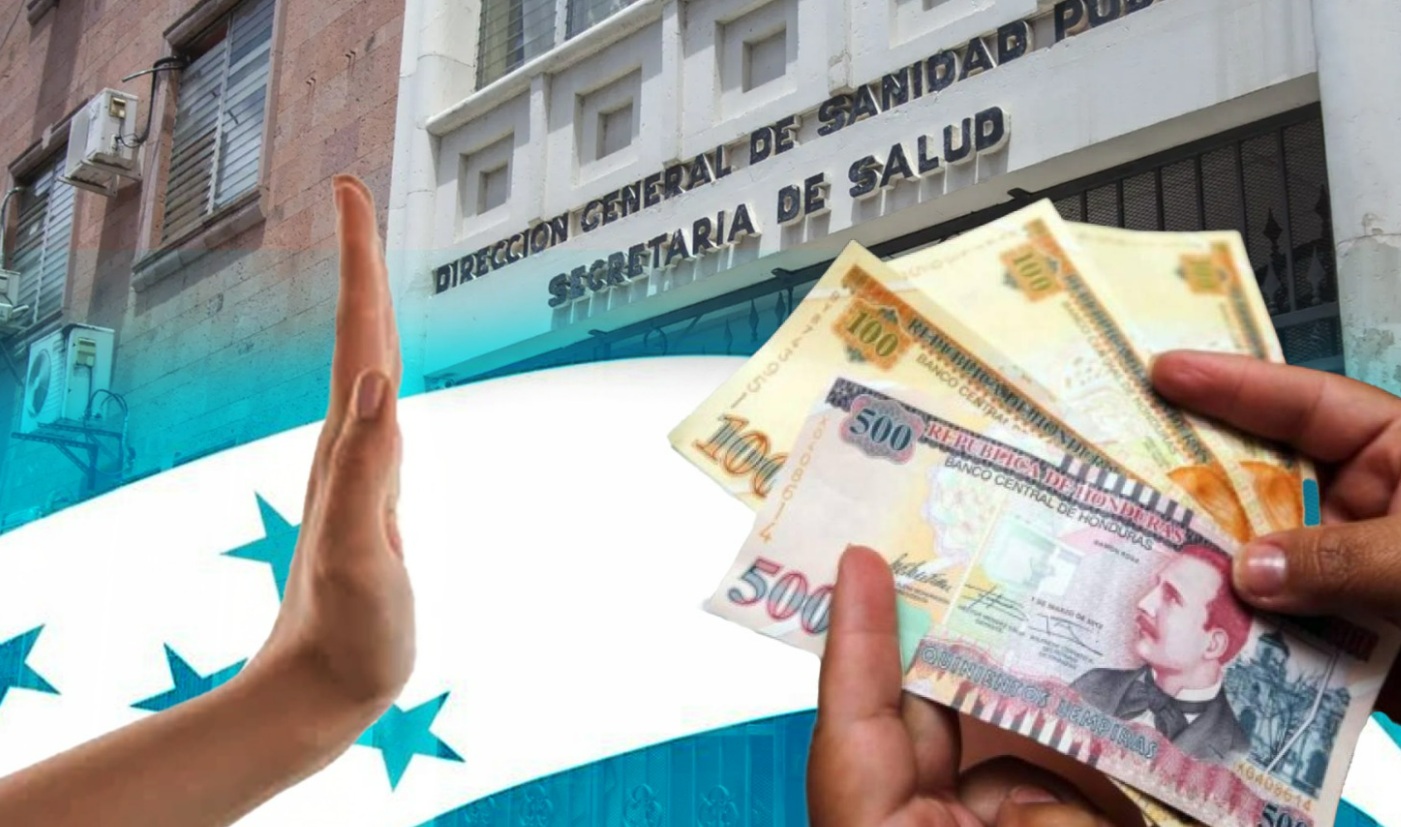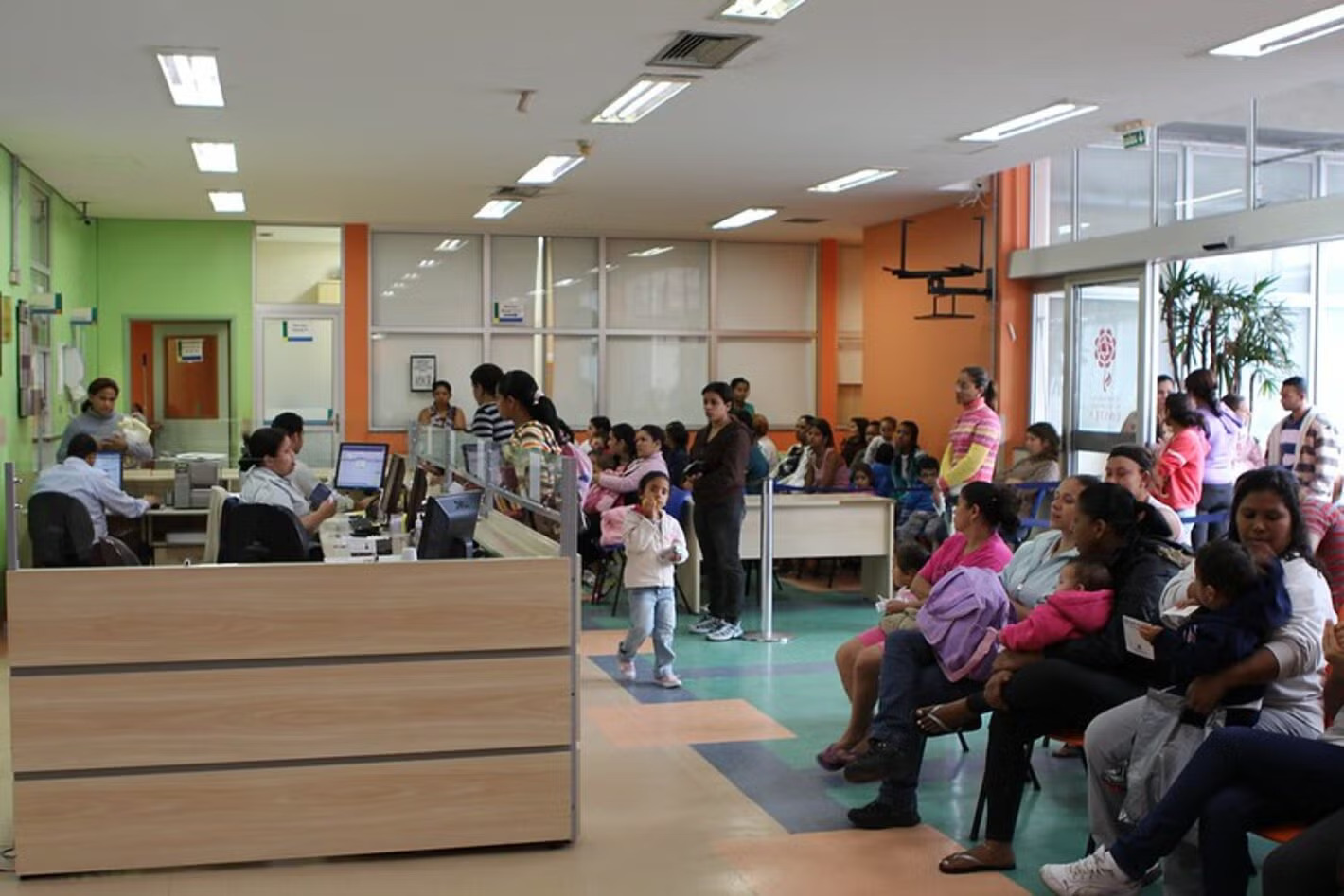Countries across Latin America and the Caribbean (LAC) are facing rising healthcare costs as populations age and chronic diseases become more common. A new study published in The Lancet Regional Health – Americas by Yvonne N. Flores, Timothy Roberton, Marisol Torres...

Australia’s health system in need of genuine reforms
Australia's healthcare system faces significant challenges, including financial barriers to accessing care, inadequate support for chronic conditions, and underfunded mental health and dental services. Urgent reforms are needed to ensure the system can effectively...
A retrospective study of insurance coverage status and economic cost of rare diseases in Hainan Province
Rare diseases in Hainan Province pose a significant economic burden, with a rising prevalence and limited data available. A study from 2019 to 2023 found that 83.01% of the 4,975 diagnosed patients were insured, yet total economic costs escalated from 34.26 million...

How Japan is building a resilient society through equitable healthcare
Japan's universal health insurance system, established in 1961, ensures equitable access to healthcare for all citizens, particularly as the country grapples with an aging population and rising healthcare costs. Recent policy updates aim to enhance efficiency and...
Financing essential medicines and health supplies in Pakistan
ThinkWell Pakistan has recently published a series of insightful fact sheets exploring how public health facilities in Pakistan procure and finance essential medicines and health supplies (EMHS), along with the bottlenecks they face at each step of the process....

Medical care in Honduras is confirmed to be free of charge in public services
Free medical care in Honduran public facilities is confirmed by the Ministry of Health. It also points out that there is an ongoing process of revision of texts to facilitate their application and transparency. In December 2024, the Honduran Ministry of Health...
Ministry of Public Health of Uruguay, Decree n. 287/2012.
In 2012, Uruguay's Ministry of Health issued a decree updating the categories of free care administered by the National Health Fund (FONSA). Certain vulnerable groups and beneficiaries affiliated by quota to the state health services administration (ASSE) can receive...

WHO launches plan for free child cancer medicines in Nepal
WHO has launched a platform to provide free cancer medicines to children in low- and middle-income countries, aiming to improve survival rates. The initiative, supported by St. Jude Children’s Research Hospital, plans to benefit around 5,000 children this year and...

PhilHealth urges hospitals to support ‘no balance billing’ policy
The Philippine Health Insurance Corp. (PhilHealth) is urging private hospitals to support its No Balance Billing (NBB) policy, which provides equitable healthcare access for patients without out-of-pocket expenses. Hospital leaders emphasize their commitment to...

Ministry of Health and Stakeholders Discuss Financial Sustainability of Liberia’s Healthcare System
The Ministry of Health in Liberia has launched a workshop to assess the financial sustainability of the health system, focusing on the Liberia Health Equity Fund and the Liberia Social Health Insurance Scheme, with insights from various stakeholders on the need for...

Indians are quitting the safety net of health insurance; GST and high premiums are only part of the problem
In India, rising health insurance premiums and increased claim rejections are driving individuals to opt out of policies. Many feel overcharged and frustrated with inadequate coverage, exacerbated by taxes on premiums, leading to distrust in insurers and a search for...

Bulgaria’s new policy: Free medication for children to combat health disparities
Bulgaria's parliament has approved free medication for children under seven, aiming to reduce hospitalisations and financial strain. Experts also call for free flu vaccinations to further improve child health. The Bulgarian parliament has approved a new law providing...

More Americans Can’t Afford Health Care, Prescriptions
A recent study reveals that over one-third of Americans, approximately 91 million people, cannot afford quality health care, with significantly higher rates among Black (46%) and Hispanic (52%) populations. Access to health care has remained stable for wealthier...

State Life builds digital, service capacity to expand universal health benefits to entire Pakistan
The State Life Insurance Corporation of Pakistan (SLIC) is committed to providing universal health insurance coverage to 180 million citizens. By offering comprehensive health services and integrating performance-linked funding, SLIC aims to enhance healthcare access...

Countries in the Americas establish network to strengthen national health fund management
Countries in the Americas launched REFSA to strengthen cooperation on managing national health funds, with PAHO’s support, aiming for more efficient, transparent, and equitable health systems. Representatives from national health funds in Brazil, Chile, Colombia,...
